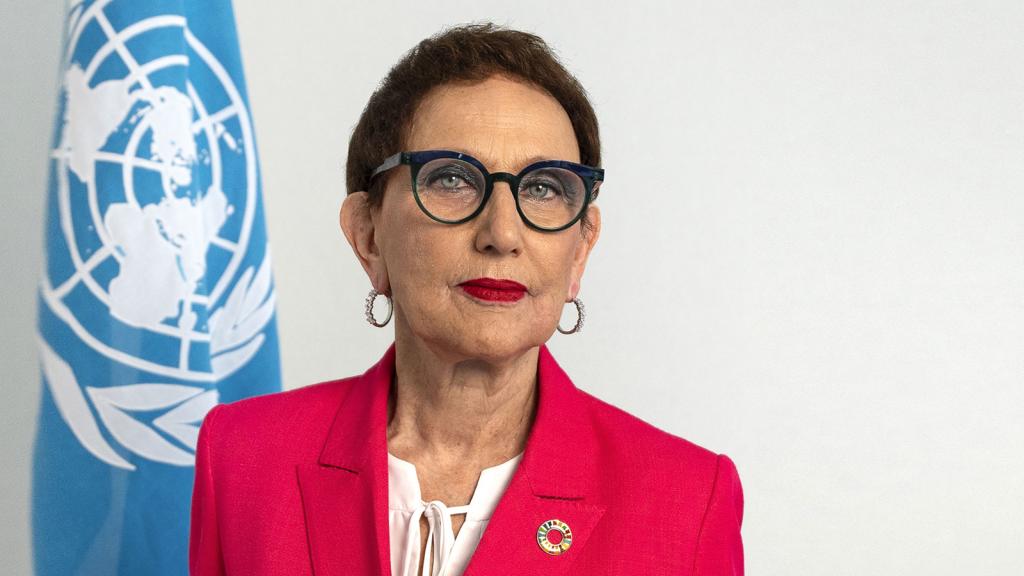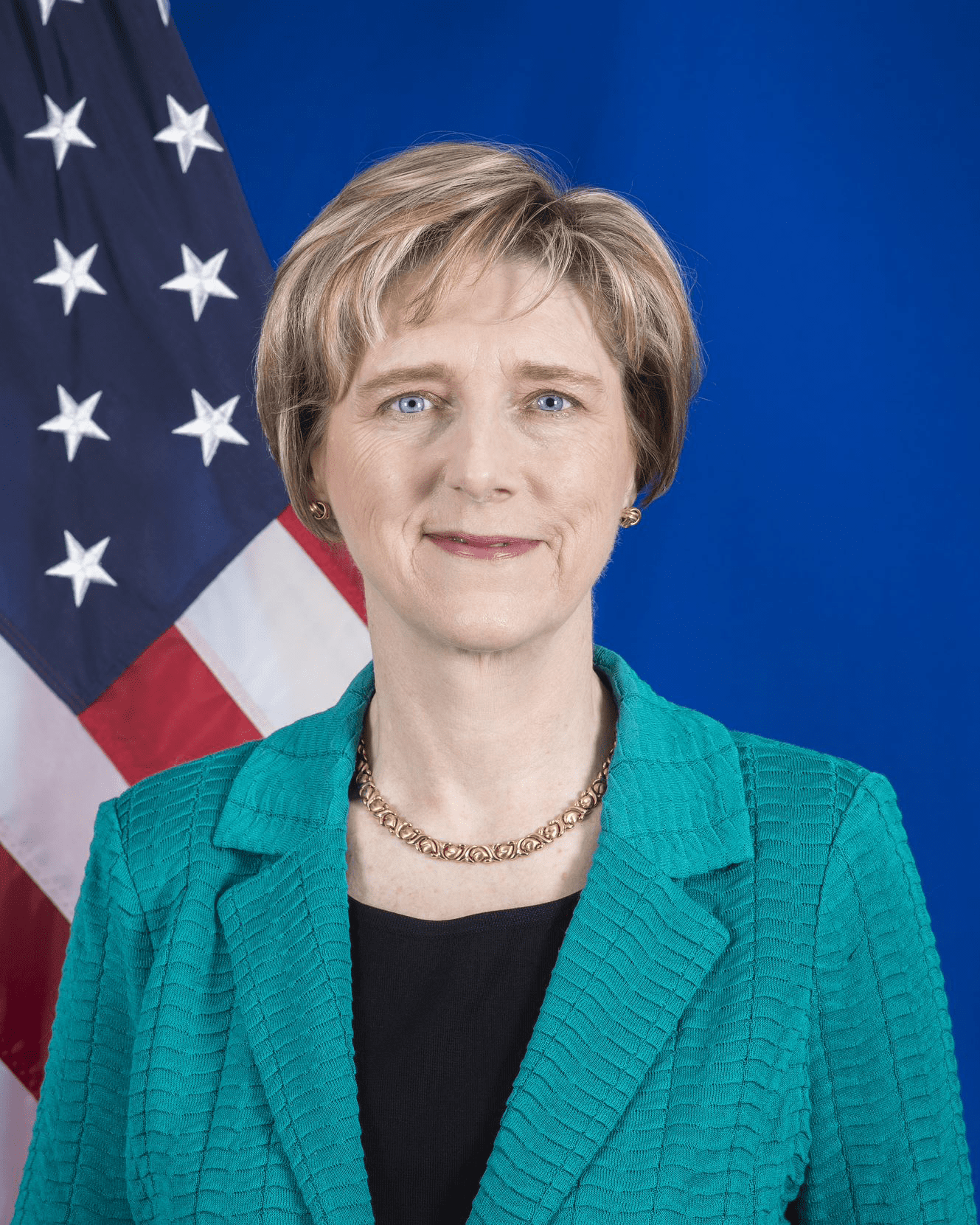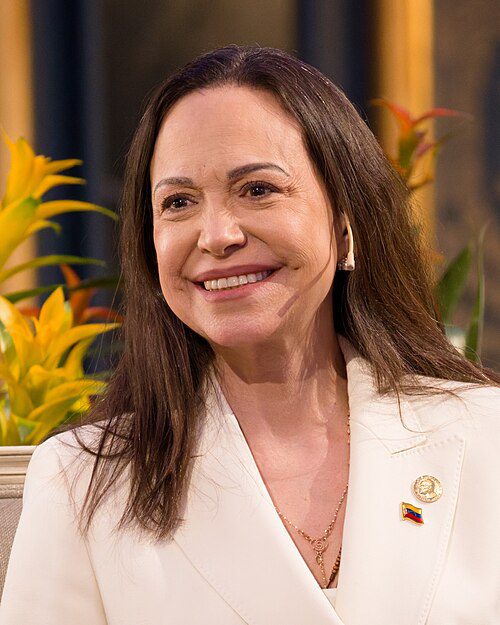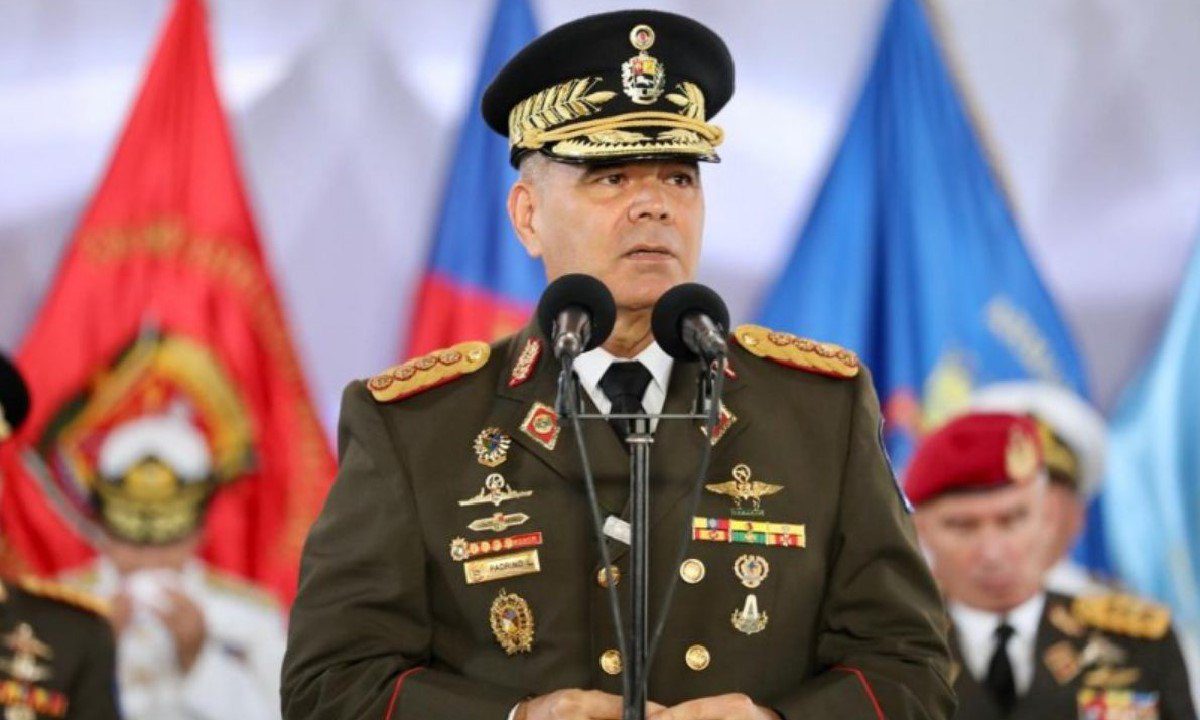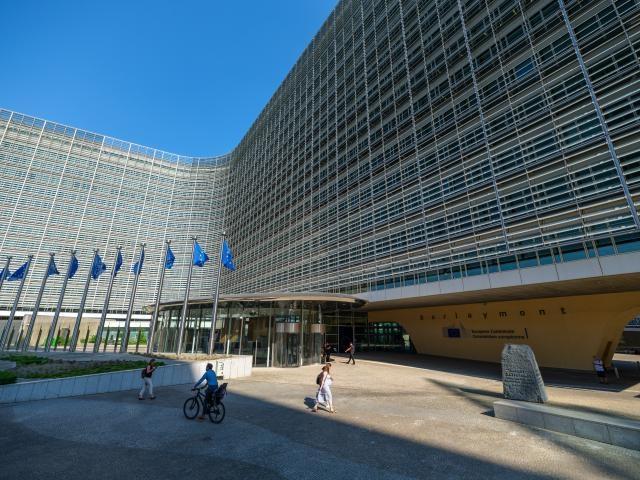Rebeca Grynspan is a Costa Rican economist and former Vice President of Costa Rica. She is a renowned global leader in economic policy, diplomacy, and multilateral cooperation. With a long career within the United Nations system and international organizations, she has been a prominent voice on issues of trade and human development. Photo: United Nations
Guacamaya, 14 October 2025. The head of UNCTAD and candidate for the UN Secretary-General, Rebeca Grynspan, warned about the risks that a military action in Venezuela would entail, following recent US airstrikes against vessels that departed from the Caribbean nation. The Costa Rican economist defended the historical position of Latin America against armed interventions and called for preserving international law as a principle of regional stability.
The Latin American candidate for the United Nations Secretary-General, Rebeca Grynspan, warned this Monday that a potential military intervention in Venezuela would have “very destabilizing” effects for Latin America and would constitute a violation of international law.
In statements made during an interview in Geneva, the current head of the United Nations Conference on Trade and Development (UNCTAD) recalled that the region has historically maintained a unanimous position against foreign armed actions. “Definitively, the region has always been against a military intervention, and that has united the region in the past. I believe that continues to be the regional position,” she stated.
Her comments come after recent US airstrikes against vessels that had departed from Venezuela under suspicion of transporting drugs, as well as the deployment of US military personnel in maritime areas near the country. These movements have been interpreted by Caracas and several analysts as indications of a potential invasion plan or military escalation.
Grynspan, who aspires to succeed the Portuguese António Guterres at the helm of the UN in 2027, emphasized that the multilateral system “must redouble its role in conflict prevention and peacebuilding,” and that the universal legitimacy of the United Nations remains its greatest asset in the face of international tensions.
“If we do not reform ourselves, we are going to fail because we will not be up to the problems of the 21st century,” said the former vice president of Costa Rica, insisting on the need for a more agile, flexible, and relevant UN.
For Grynspan, preserving stability in Latin America involves strengthening multilateralism, avoiding the militarization of conflicts, and betting on political dialogue: “The region does not need more wars, but more cooperation and more institutions that represent it with global legitimacy.”

